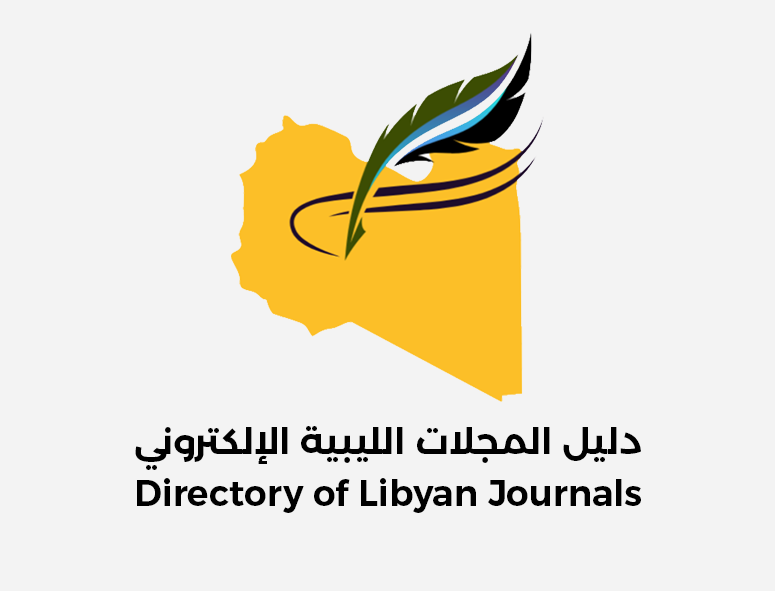Reform and Reconciliation in the Holy Quran
DOI:
https://doi.org/10.26629/uzfaj.v24i1.21Keywords:
reform and reconciliation, the Holy Qur’anAbstract
This research is concerned with a style of Quranic discourse surrounded by Quranic evidence of reform and reconciliation. The predominant association between faith and good deeds indicates that faith is an introduction and entrance to righteousness, which changes a person and reforms him. If righteousness prevails among a people, their situation will be improved and peace will be established among them. Reform is the improvement of servants by enjoining what is right and forbidding what is wrong. The improvement of livelihood and servants is in obeying God and His Messenger, and this is not achieved except by enjoining what is right and forbidding what is wrong. With it, the religion became the best nation brought forth for mankind. Reconciliation is a general and absolute term that requires true reconciliation that brings peace to souls and removes differences. There is no way that increases the unity of believers and leads to their cohesion and harmony except that our Sharia has brought it, and there is no way that leads to division, disagreement, rancor, enmity, and hatred except that the Sharia has forbidden them, closed their paths and blocked their ways. For this reason, our true religion has prescribed the reconciliation










